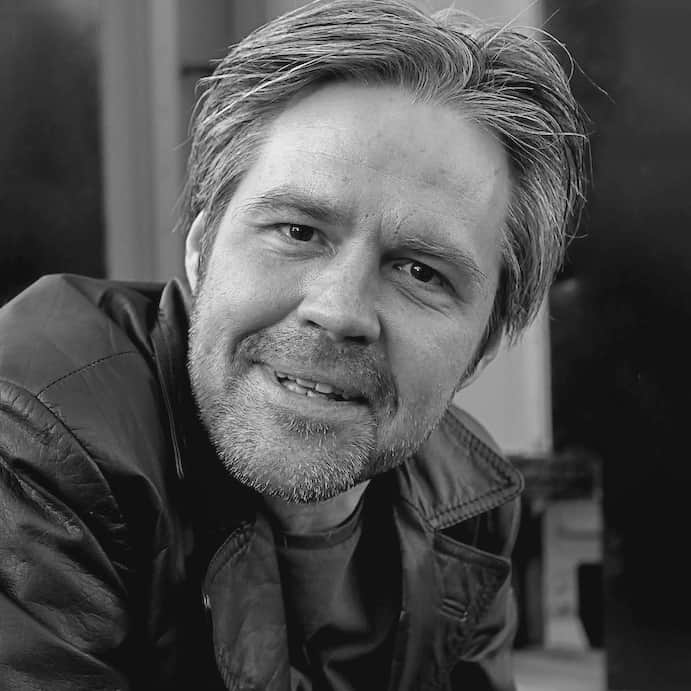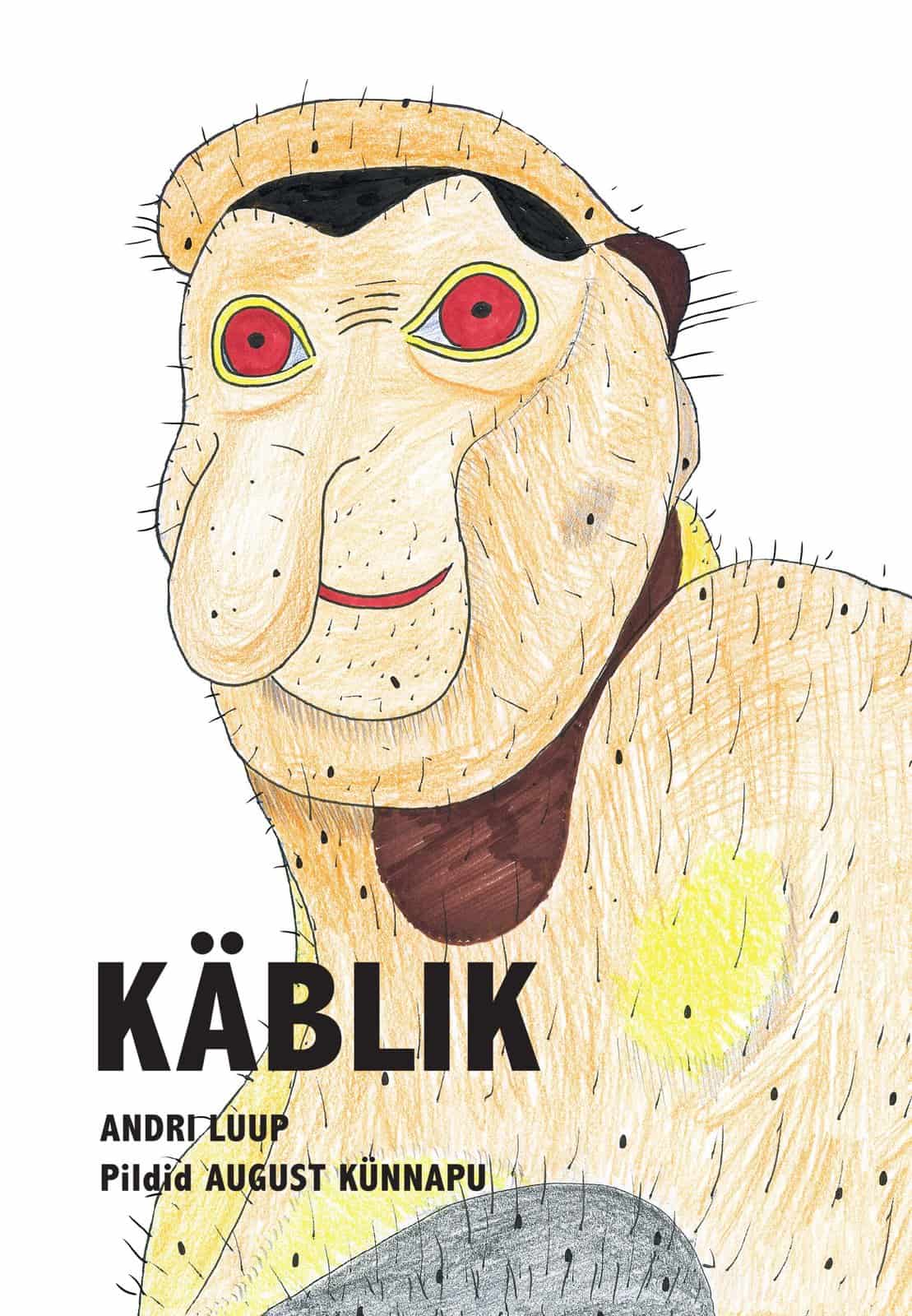
ANDRI LUUP


ANDRI LUUP
Sometime in the early 2000s, I had to go and pitch the script of my first short film in front of the jury that financed it. Film people and critics were listening in the audience. And then, in the end, I was told by one critic from the audience that “you speak better than you write.” A proper blow it was. I was young then, and it seemed I had somehow offended that person. And my mischief must have been so significant that later when I made my full-length film, the same critic wrote in the review that I had produced some bullshit. Then it seemed to me that this person couldn’t live in peace, that every time I did something in this field, he hit me on the head. It was already getting comical.
It hurt me, of course, and I remembered that pain again years later. It was so cruel, and I imagine it would be beyond me if I got a third or fourth blow. It seems very personal and disgusting to endure a little person’s revenge for something.
But what is interesting is that I have started to write better by getting used to this injustice. But not because of what this man said. I have always wanted to write better, reach people’s hearts, and touch or move them. But you see, this guy’s words still came to my mind years later. Maybe it’s not always so black and white.
One word can sometimes kill or revive. I have several good texts in the drawer that someone has given a negative retort upon reading, which has never been finished because of what was said. Or I have equally good texts, which, upon first reading, someone highlighted something good and have since been transformed into a play, book, or film. And with that, I put the onus on committees, juries, teachers, loved ones, and friends to choose the words. I know from experience that if I sometimes say something wrong about a student’s text, it takes a lot of energy afterward to rekindle their enthusiasm and bring the text to life. The creative act is often like a “living person” who, after being severely injured, you have to perform resuscitation.
Andri Luup lives in Tallinn and works in a theater called Theatrum, where he can work on stories as an actor, director, or playwright. He lives a double life, sometimes the performer of stories, sometimes their author. Therefore Andri has never complained about boredom. He is lucky to be surrounded by skilled renaissance people who are creative and highly inspiring. According to Andri, life among extraordinary people is worth its weight in gold, and he wouldn’t change Tallinn for another city where there would be more money, sun, or glory.
Interview by Toomas Järvet
Portrait by Herkki Erich Merila